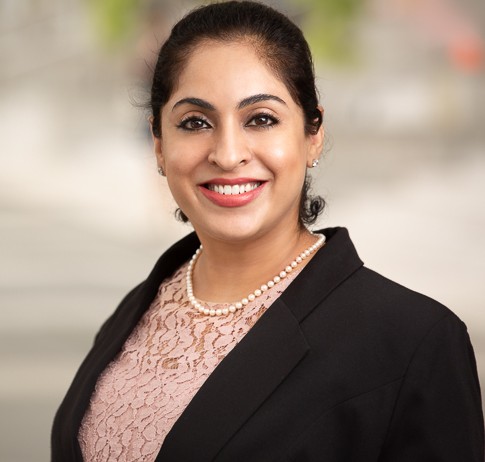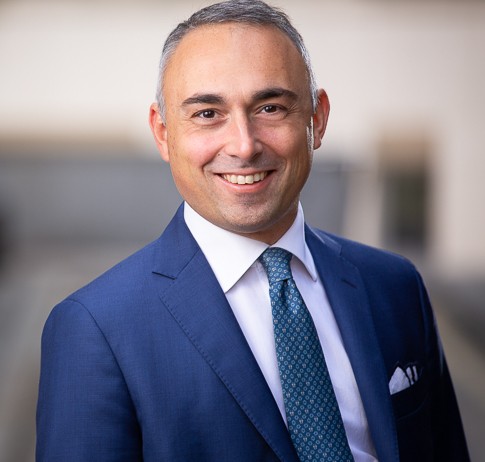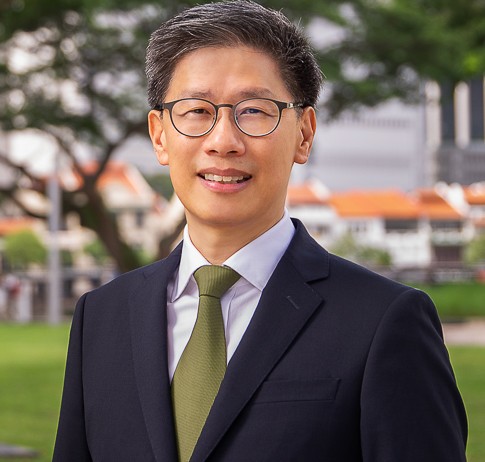First published by Singapore Business Times on 12 August 2021
Lin Fengru, the 33-year-old co-founder and chief executive of Singapore biotechnology start-up TurtleTree, remembers the doubters in the investor community and their barbs when she started out.
Set up in 2019, TurtleTree is a new start-up pushing the biotechnology innovation envelope, and she and her business partner Max Rye’s self-imposed goal was to transform one of the world’s staple foods – milk – using a production process that bucks traditional methods and promises to overcome a bugbear of dairy farming: sustainability.
In simple terms, TurtleTree makes mammalian milk without the mammals. Its multiple cell agriculture platforms replicate the processes that happen on a cellular level when milk is made naturally in living mammals such as cows and humans. Cells are collected from mammalian milk and put into TurtleTree’s patented lactation media, which subsequently gets converted into milk.
However, the two do not come with deep biotechnology backgrounds.
“A lot of investors would ask me and Max: ‘You guys are business people so what business do you have running a biotech company?’ One even told us that he’d only invest if we hired a Nobel Laureate on our team,” she says.
Those doubts have now faded away, and TurtleTree has hit a string of definitive moments since then – the kind any technology start-up would surely have envisaged when charting growth plans.
It partnered with a major government research body in Singapore’s Agency for Science, Technology and Research, or A*Star; attracted funding from a wide swathe of investors including VERSO Capital, Artesian, KBW Ventures, Lever VC and more; grabbed a global headline-making accolade when it won the top cash prize of US$500,000 (S$679,000) at the Entrepreneurship World Cup last year; and early this year, expanded its operations by establishing an R&D headquarter in California, US.
Its most important chapter will be unfolding soon: TurtleTree is gearing up for its maiden product launch in the fourth quarter of this year.
Mr Rye, TurtleTree’s other co-founder and company chief strategist, believes those early doubters have missed the point. “It was precisely because we come from very different backgrounds, that we are confident in the diversity of thought and the value that we bring,” says the 41-year-old technology veteran.
“There have been many instances when we were able to provide out-of-the-box thinking or activate the right resources to help the team move forward,” he adds.
Mr Rye knows the value of diversity of thoughts and ideas, with more than 15 years of managing and growing high-tech businesses, as well as helming a Silicon Valley tech company.
Ms Lin had a different path – since graduating from the Singapore Management University (SMU) in 2011, she has worked in sales and business development roles in organisations including UL, Salesforce and Google. The two met when Ms Lin was working in Google and Mr Rye came to the company to give a talk on new sustainable technologies.
What makes cell-based milk so promising is its potential for solving the global problem of land and water usage as well as the emission issues associated with traditional dairy farming. “We want TurtleTree to be one of the biggest players in the sustainable food industry,” says Mr Rye.
TurtleTree has developed a precision fermentation process to produce milk ingredients, particularly those made from the blueprint of human milk, including Human Milk Oligosaccharides (HMO), lactoferrin and alpha-lactalbumin, which are high-value food ingredients. For instance, lactoferrin is known for its immune-boosting and anti-inflammatory qualities.
The company is now working with partners to develop applications for these ingredients, which span infant, sports performance and elderly nutrition products, and even chocolate and dessert products.
“Our mission is to nourish our people and to be kind to the planet, by providing food products with better-for-you ingredients for everyone,” he adds.
Ms Lin knows the hard work has just started for TurtleTree. “Teamwork is the most important component of a successful business. I am constantly learning from my team,” she says.
“I’m surrounded by people whose strengths and skillsets complement mine. It is the sheer breadth of opinions and experiences of my colleagues around me that uplift me both intellectually and culturally. At the same time, it ensures that I do not tackle any problems through an insular lens,” she says.
One memorable lesson that her early encounters with doubtful investors has taught her is the importance of learning and adapting. “When we first started the company, we had the dream of producing cow milk to alleviate factory farming. However, after learning from industry players, we quickly recognised that milk at two dollars a gallon is not something we can hit anytime soon, and that we should focus on high-value milk ingredients like lactoferrin and HMOs, which are not commodity food products,” she says.
The move enabled TurtleTree to hit commercially viable price points much earlier, she adds.
And no, the investor who told her that the company needed a Nobel Laureate has not crossed paths with her since. “I was quite shocked then, and was trying to think of which Nobel laureate’s work would be most relevant to us but fast forward to today, we are two degrees of separation from one to whom we can reach out,” she says.
“Growing up, my mum always told me that it’s not about whether you can, but whether you want to. She taught me that I can do anything as long as I put my heart into it,” she says.
She and Mr Rye are now putting their focus squarely on the US$700 billion global dairy industry, eyeing to engage in a 5-10% slice of that market.



